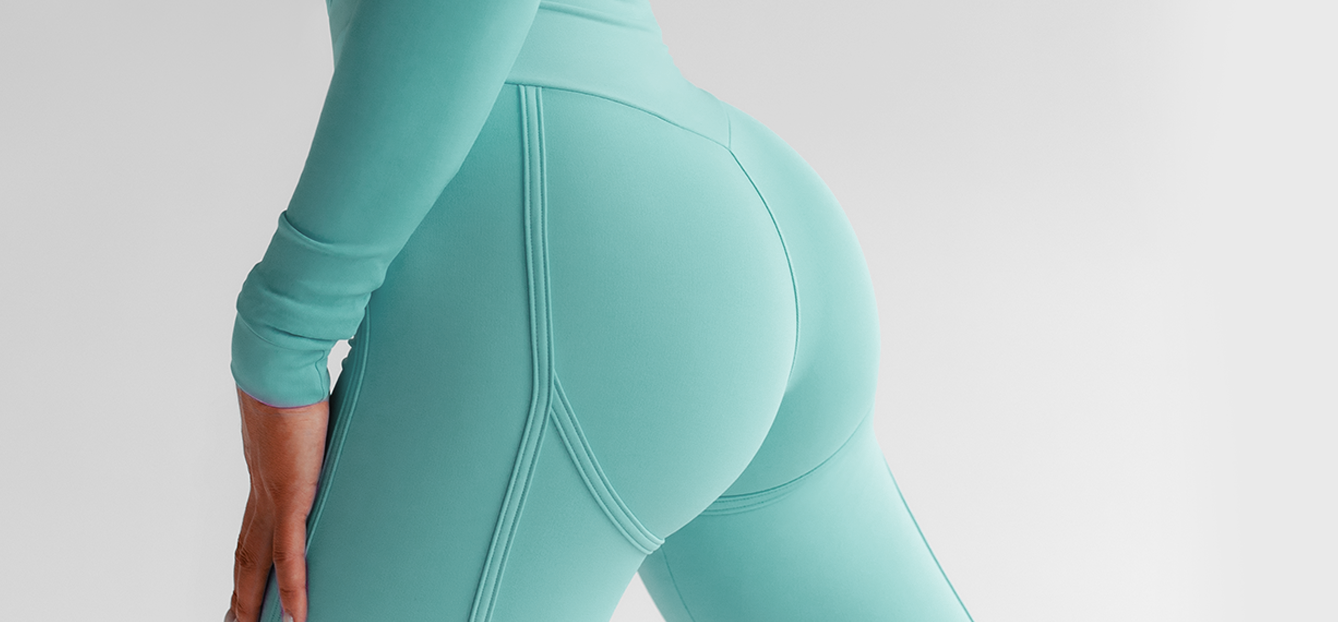Embracing Your Skin with KP: A Beautician's Guide to Radiant Confidence
For beauticians, understanding the nuances of skin conditions is crucial to providing effective care and advice. One such condition that frequently presents itself in beauty clinics is keratosis pilaris (KP), often referred to as 'chicken skin'. While it is a common and harmless skin condition, KP can be a source of discomfort and self-consciousness for many clients. As a beauty expert, your role in embracing your skin with KP involves not only managing the physical symptoms but also fostering a positive self-image in your clients.

Understanding Keratosis Pilaris
KP is characterized by small, rough bumps on the skin, typically appearing on the arms, thighs, cheeks, and buttocks. This condition occurs when keratin, a protein that protects the skin from infections and other harmful substances, builds up and clogs the hair follicles. Although KP often improves with age, beauticians can play a pivotal role in managing its symptoms and helping clients feel comfortable in their skin.
To delve deeper into KP and its effects, you may find the article on Keratosis Pilaris and Self-Esteem particularly insightful.
Creating a Personalized Care Plan
When it comes to embracing your skin with KP, a personalized care plan can make all the difference. This begins with a thorough consultation to understand the client's skin type, the severity of their KP, and any other underlying skin issues. This information allows you to tailor a skincare routine that addresses their specific needs.
Exfoliation and Moisturization
Exfoliation is a key component in managing KP. Regular exfoliation helps to remove dead skin cells and prevent clogged pores. However, it's important to choose gentle exfoliants to avoid irritating sensitive skin. Products containing alpha-hydroxy acids (AHAs) and beta-hydroxy acids (BHAs) can be particularly effective.
Moisturization is equally important in treating KP. Look for moisturizers that contain ingredients like urea, lactic acid, or glycerin, which help to soften and smooth the skin. Regular moisturizing can significantly reduce the appearance of KP bumps over time.
Professional Treatments
For clients seeking more intensive treatments, various professional options can complement their home skincare routine. Chemical peels and microdermabrasion are popular choices that can help improve skin texture and reduce the appearance of KP. As a beautician, your expertise in these treatments can significantly enhance the results for your clients.
For more insights on dealing with skin imperfections, the article Managing Folliculitis Scars offers valuable information.
Fostering a Positive Body Image
Beyond the physical management of KP, beauticians have the unique opportunity to positively impact their clients' self-esteem. Encouraging clients to embrace their skin with KP involves promoting body positivity and self-acceptance. Share stories of public figures or other clients who have embraced their skin conditions, and remind them that beauty is diverse and inclusive.
Check out the article on Keratosis Pilaris and Body Positivity for more perspectives on embracing natural beauty.
Conclusion: Your Role as a Beautician
In conclusion, embracing your skin with KP is as much about the emotional journey as it is about the physical one. As a beautician, your guidance and support can help clients manage their symptoms and build confidence in their natural beauty. By staying informed about the latest treatments and promoting a holistic approach to skincare, you can make a significant impact on the lives of those dealing with KP.
For further reading on KP treatments and self-care, the DermNet NZ website offers comprehensive resources.

FAQ
What causes keratosis pilaris?
Keratosis pilaris is caused by a buildup of keratin, which clogs hair follicles and results in small, rough bumps on the skin.
Can KP be cured?
While there is no cure for KP, its symptoms can be managed effectively through regular exfoliation, moisturization, and professional treatments.
Is KP contagious?
No, KP is not contagious. It is a genetic condition and cannot be spread from person to person.

